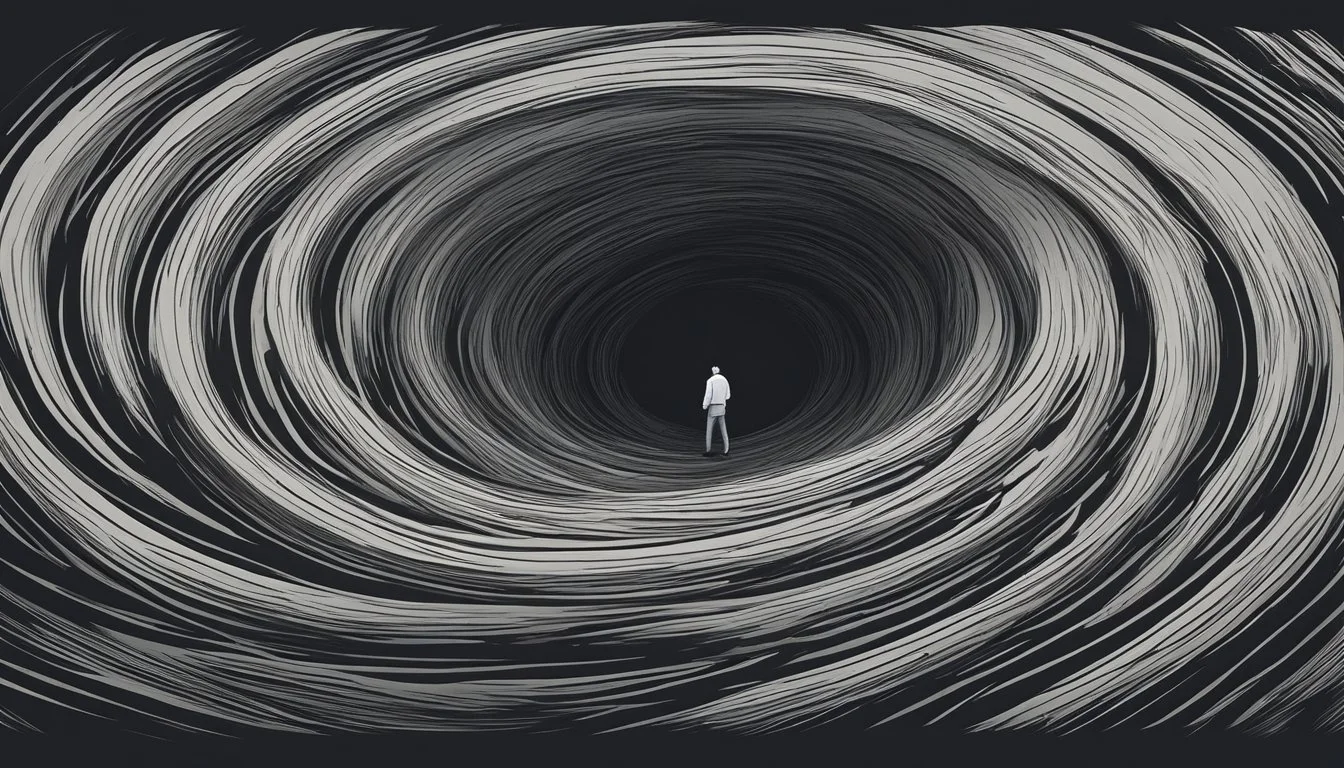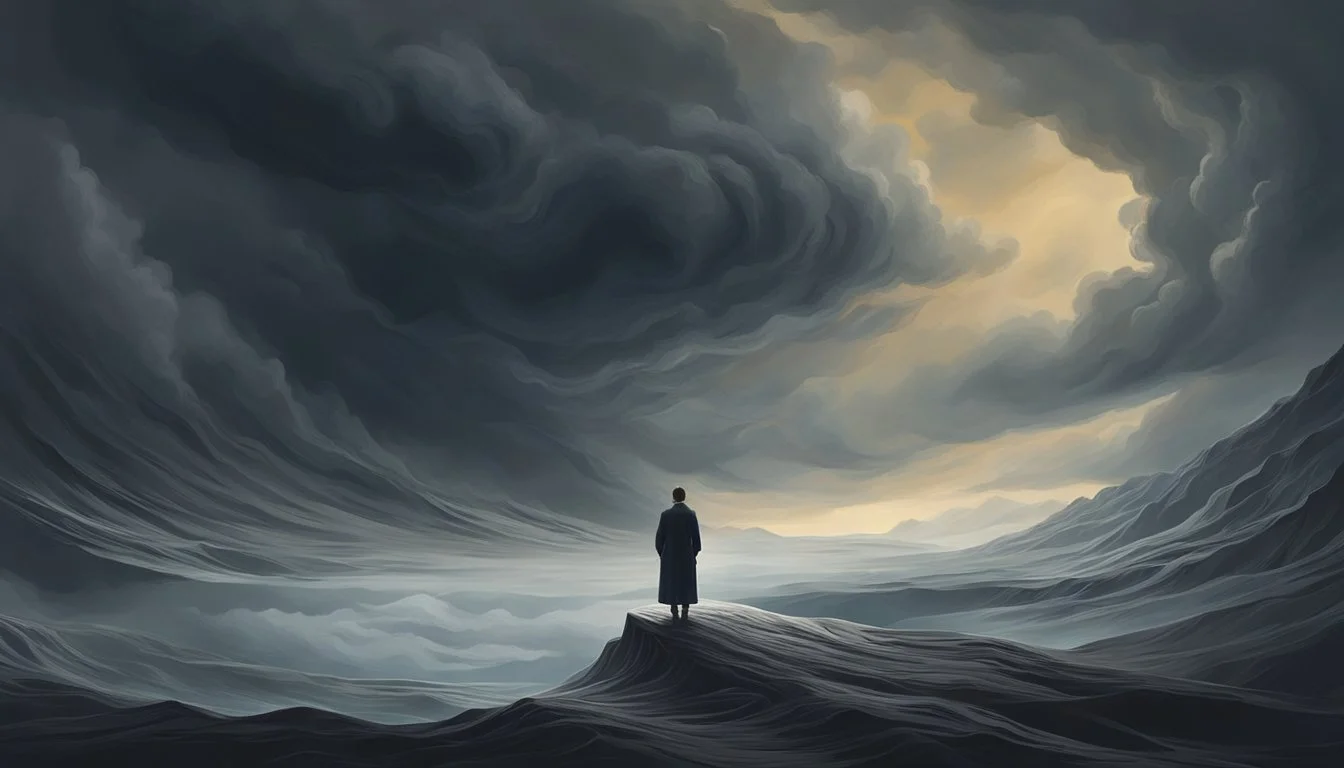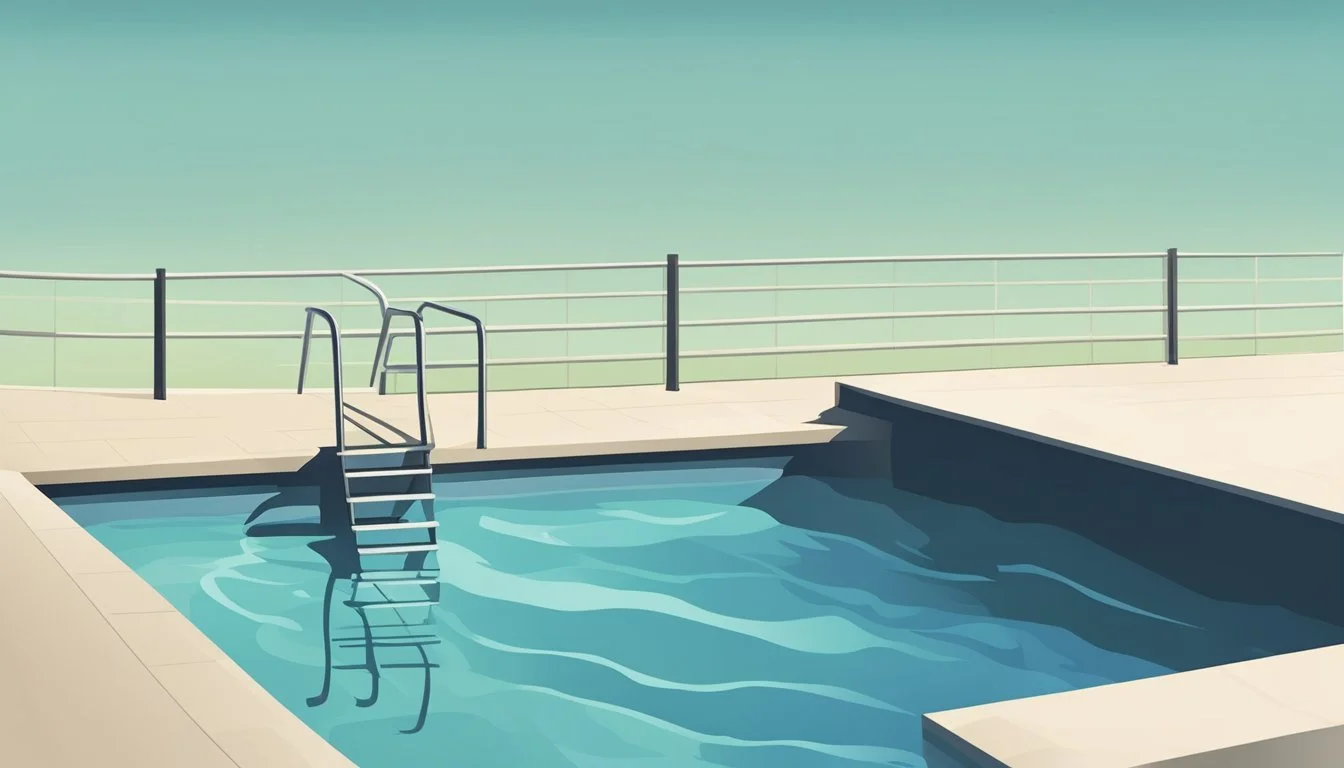Diving and Depression: Scott Donie's Mental Health Journey
Olympic Medalist's Path to Recovery
Scott Donie's journey from Olympic silver medalist to college diving coach is a testament to the power of mental health awareness and resilience. The talented diver faced significant psychological challenges throughout his career, battling anxiety and depression that threatened to derail his Olympic dreams.
Despite his struggles, Donie achieved remarkable success in the sport, winning a silver medal in platform diving at the 1992 Barcelona Olympics and competing again in the 1996 Atlanta Games. His story highlights the often-overlooked mental health challenges faced by elite athletes, who must perform under immense pressure while dealing with personal struggles.
After his competitive career, Donie transitioned to coaching, using his experiences to help guide young divers at Columbia University. His journey serves as an inspiration for athletes grappling with mental health issues, demonstrating that with proper support and treatment, it's possible to overcome psychological barriers and achieve greatness in sports and life.
Scott Donie's Early Years and Introduction to Diving
Scott Donie's journey to Olympic diving success began with unexpected challenges. His early struggles with learning disabilities shaped his path to becoming a diving prodigy and rising star in national and international competitions.
The Beginnings: From Learning Disabilities to Diving Prodigy
Scott Donie was born on October 10, 1968, in Vicenza, Italy. As a child, he faced difficulties with learning disabilities that impacted his academic performance. Diving became an outlet where Donie could excel despite these challenges.
His natural talent for the sport quickly became apparent. Coaches recognized Donie's potential and worked to develop his skills. The pool provided a space where he could focus his energy and overcome obstacles.
Donie's dedication to diving intensified as he progressed. He spent countless hours practicing dives and perfecting his technique. This commitment helped him build confidence and achieve success beyond the classroom.
Rise through the Ranks: National and International Competitions
Donie's hard work paid off as he began competing at higher levels. He participated in numerous National Diving Championships, showcasing his growing abilities. His performances at these events caught the attention of U.S. diving officials.
The U.S. Olympic Festival became a significant platform for Donie to display his talents. These competitions allowed him to compete against top divers from across the country. Donie's strong showings at the festival solidified his position as a rising star in American diving.
International competitions followed, with Donie representing the United States on the global stage. He joined the U.S. National Team and remained a member for 13 years. This experience provided valuable exposure to world-class competition and helped refine his skills further.
Triumph at the Olympics
Scott Donie's Olympic journey culminated in a remarkable achievement, solidifying his place among diving's elite. His performance on the world stage showcased both his physical prowess and mental fortitude.
The 1992 Olympics: A Platform for Success
The 1992 Barcelona Olympics marked a defining moment in Scott Donie's career. Competing in the 10-meter platform event, Donie faced fierce competition from top divers worldwide. He entered the Games with a mix of excitement and nervous energy, having honed his skills through rigorous training.
Donie's routines displayed technical precision and artistic flair. His ability to execute complex dives under pressure set him apart from many competitors. As the rounds progressed, Donie maintained his composure, climbing the rankings with each successful dive.
Winning the Silver: The Pinnacle of Donie's Career
Donie's consistent performance throughout the competition led to a stunning result. He secured the silver medal in the 10-meter platform event, a remarkable achievement against world-class opponents. This podium finish represented the pinnacle of Donie's competitive career.
The silver medal validated years of dedication and sacrifice. It also thrust Donie into the spotlight as one of America's top divers. His success inspired a new generation of athletes and brought attention to the sport of diving in the United States.
Competing with the Best: Rivals and Mentors
At the 1992 Olympics, Donie faced off against some of diving's greatest talents. Sun Shuwei of China, who won gold, was a formidable opponent known for his technical mastery. Mark Lenzi, Donie's teammate, competed in the springboard event and also claimed a medal.
These rivals pushed Donie to elevate his performance. The competitive atmosphere fostered a sense of camaraderie among divers, with many serving as both competitors and mentors. Donie's interactions with fellow athletes enriched his Olympic experience and contributed to his growth as a diver.
Battling Depression
Scott Donie's journey as an Olympic diver was marked by triumphs and struggles with mental health. His experiences shed light on the challenges athletes face beyond their public personas.
The Struggle Beyond the Podium: Post-Olympic Depression
After achieving Olympic success, Scott Donie faced an unexpected opponent: depression. The intense focus and training required for elite competition left a void once the Games concluded. Donie found himself grappling with a loss of purpose and identity.
He struggled to adjust to life outside the spotlight. The transition from rigorous training schedules to everyday routines proved challenging. Donie's post-Olympic depression manifested in feelings of emptiness and worthlessness.
The diver's experience is not unique. Many athletes face similar mental health challenges after major competitions. The sudden shift from peak performance to normal life can trigger profound emotional distress.
Coping with the Spotlight and Expectations
The pressure of public expectations weighed heavily on Donie. As an Olympic medalist, he felt the constant need to maintain a successful image. This pressure intensified his inner turmoil.
Donie began to recognize his symptoms while reading a book on mental illnesses. He realized his experiences aligned with descriptions of depression. This self-awareness marked a turning point in his journey.
Seeking help became crucial for Donie's recovery. He learned to develop coping mechanisms to manage stress and anxiety. Therapy and support networks played vital roles in his healing process.
Donie's openness about his struggles has helped destigmatize mental health issues in sports. His story highlights the importance of mental health support for athletes at all levels of competition.
Champion's Influence: Coaching and Legacy
Scott Donie's impact extends far beyond his own competitive career. His transition to coaching allowed him to shape the next generation of divers, drawing on his experiences to mentor and inspire.
Transition to Coaching: Imparting Experience
After his Olympic career, Donie found a new calling in coaching. He began his coaching journey at New York University, where he spent 16 years honing his skills as a mentor. In 2016, Donie took on the role of head diving coach at Columbia University.
His expertise and firsthand knowledge of elite competition proved invaluable to aspiring divers. Donie's approach to coaching emphasized both technical proficiency and mental resilience, elements he knew were crucial for success at the highest levels.
Mentoring Future Champions: Paying It Forward
Donie's coaching philosophy centers on nurturing talent and fostering a supportive environment. He draws from his own experiences, including his battles with anxiety, to help athletes navigate the pressures of competitive diving.
His methods have yielded results, with many of his students achieving success at collegiate and national levels. Donie's influence extends beyond technique, as he instills in his athletes the importance of mental health and balanced personal growth.
Mary Ellen Clark, a fellow Olympian and diving coach, has praised Donie's impact on the sport. His legacy continues to grow as he shapes the careers and lives of young divers, passing on the lessons learned from his own remarkable journey.
Personal Reflections and Current Pursuits
Scott Donie's journey with mental health continued long after his diving career ended. He found new purpose in sharing his experiences and advocating for others facing similar struggles.
Life after Diving: Scott's Journey Continues
After retiring from competitive diving, Scott Donie faced the challenge of redefining his identity. The transition was not easy, as he had to confront the lingering effects of depression without the structure of athletic training.
Donie pursued coaching opportunities, leveraging his expertise to guide young divers. He joined Columbia University as the head diving coach in 2000, a position he has held for over two decades.
His personal experiences with mental health informed his coaching style. Donie prioritizes the well-being of his athletes, fostering an environment that supports both physical and emotional growth.
Public Speaking and Advocacy: A Voice for Mental Health
Scott Donie has become a powerful advocate for mental health awareness in sports. He openly shares his struggles with depression, including the difficult period leading up to the 1996 Olympic Trials in San Antonio.
His candid approach resonates with athletes and non-athletes alike. Donie participates in speaking engagements, discussing the pressures of elite competition and the importance of seeking help.
He emphasizes the need for better mental health resources in sports. Donie's advocacy work aims to reduce stigma and encourage open conversations about depression and anxiety among athletes at all levels.




